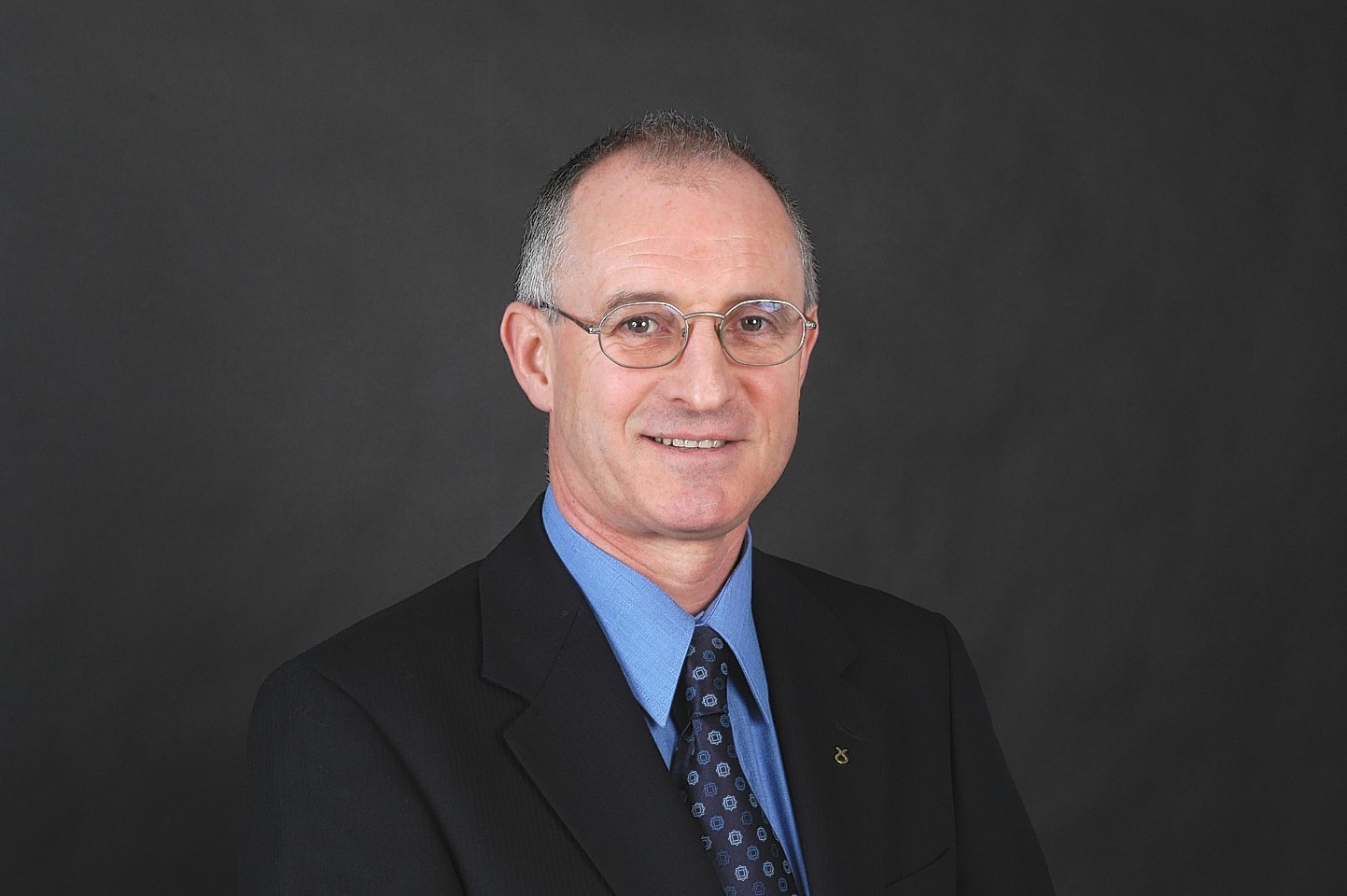A Highland MSP has accused Britain’s largest sawmill company of overtly using “psychological pressure” to try and persuade hundreds of workers to reject independence.
Nationalist Dave Thompson said he was “disappointed” that BSW Timber Group, which employs 225 people in Fort William and 71 in Boat of Garten, had advised their staff to vote “No” on September 18.
He spoke out after it emerged staff have been provided with a leaflet which stated that independence surpassed all other risks to the business.
Company chairman Martin Gale has told workers that the decision was “yours alone” to make but the board believed it should inform people of the “concern the company has should Scotland vote yes”.
He said the business, headquartered in Earlston, Berwickshire, operated across the UK but would have to split into two entities which would add a “complicated layer of administration and unnecessary burden”.
Mr Gale said there would be serious implications for cross border trading if a new state did not use the pound and a change in EU membership could affect pension and employment rules.
Writing in the leaflet, he said: “We are a successful business at the top of the timber industry not only at a UK level but on a European scale.
“We firmly believe that BSW is better together as a single UK company.”
But Mr Thompson, MSP for Skye, Lochaber and Badenoch, claimed that an independent Scotland would be a member of the EU which meant no barriers to trade.
“It is disappointing that a company is applying psychological pressure on their employees to vote no in the forthcoming referendum and in such an overt way,” he added.
Mr Thompson said the firm had premises in Latvia which proved that cross border cooperation and trade was “very much the norm”.
“When a company is in a position of influence they should ensure they do not prejudice the proper exercise of these employees own free democratic will,” he added.
But Mr Gale said the operation in Latvia had led to the firm bearing “significant additional cost burdens as well as challenges posed by the volatile and uncompetitive structure of sterling/euro currency exchange”.
“There is no intention of interfering with the democratic rights of staff to exercise their vote freely,” he added.
